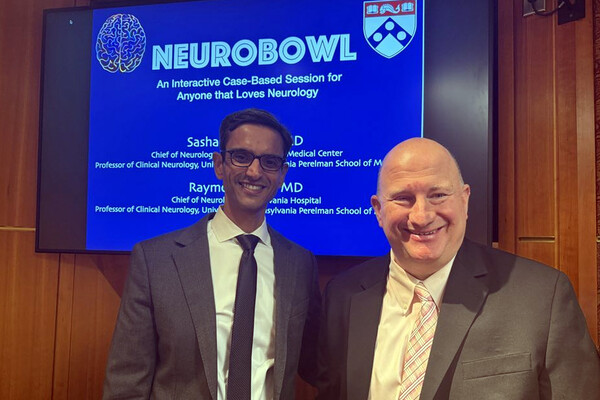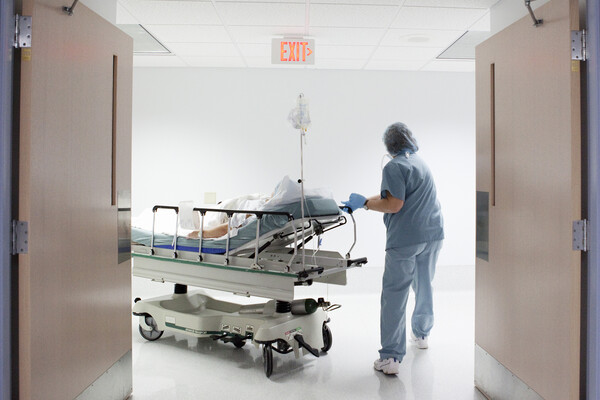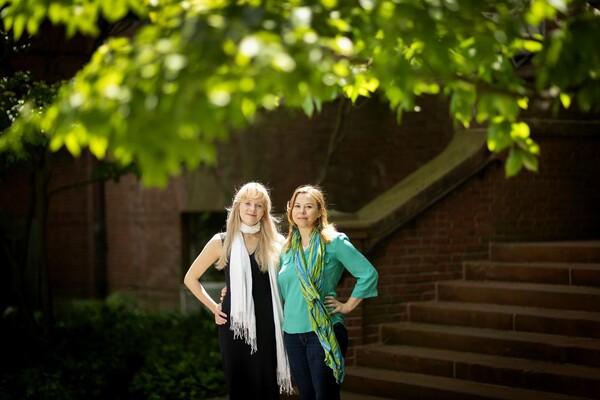Trump and GOP’s tax bill would force cuts to Medicare, CBO says
Eric Roberts of the Perelman School of Medicine says that the size of Medicaid and Medicare programs and the number of people they impact means that no single piece can be cut without cascading effects.
Target stumbles as tariffs hit earnings and sales fall amid DEI backlash
Americus Reed of the Wharton School says that Target has become the poster child for consumer blowback to the shift away from DEI policies.
Exploring the ‘liking gap’ and what it means socially
Erica Boothby of the Wharton School discusses how to overcome the “liking gap,” the misconception people have that they aren’t liked by others.
Here are the worst things in Trump’s big, beautiful bill
The Penn Wharton Budget Model predicts that the administration’s proposed budget bill would increase resources for the top 10 percent of Americans and lower incomes for the bottom 10 percent.
When measles struck, a surge of parents stepped up to vaccinate their children
According to a poll from the Annenberg Public Policy Center, 83% of Americans say that the benefits of the MMR vaccine for children outweigh any potential or perceived risk.
What one neuroscientist wants you to know about ‘baby brain’
Postdoc Laura Pritschet of the Perelman School of Medicine discusses how female hormones like estrogen and progesterone affect the brain’s organization and functioning.

Sashank Prasad (left), chief of Neurology at Penn Presbyterian Medical Center, and Raymond Price, chief of Neurology at Pennsylvania Hospital.
(Image: Courtesy of Penn Medicine News)
Neurobowl reimagines how the next generation of neurologists is trained
GOP bill could add trillions to the U.S. deficit, some experts say. Here’s what to know
The lowest-income Americans would end up paying more under a proposed tax bill, according to an analysis from the Penn Wharton Budget Model.

Image: Dana Neely via Getty Images
Study sheds light on why for-profit hospitals have worse nursing and patient outcomes

Lillian Miller (left) graduated as a chemistry and environmental scieces double major in May. This summer, she returns to begin her graduate training in Irina Marinov’s (right), where researchers use big data and computational techniques to make better climate models.
nocred